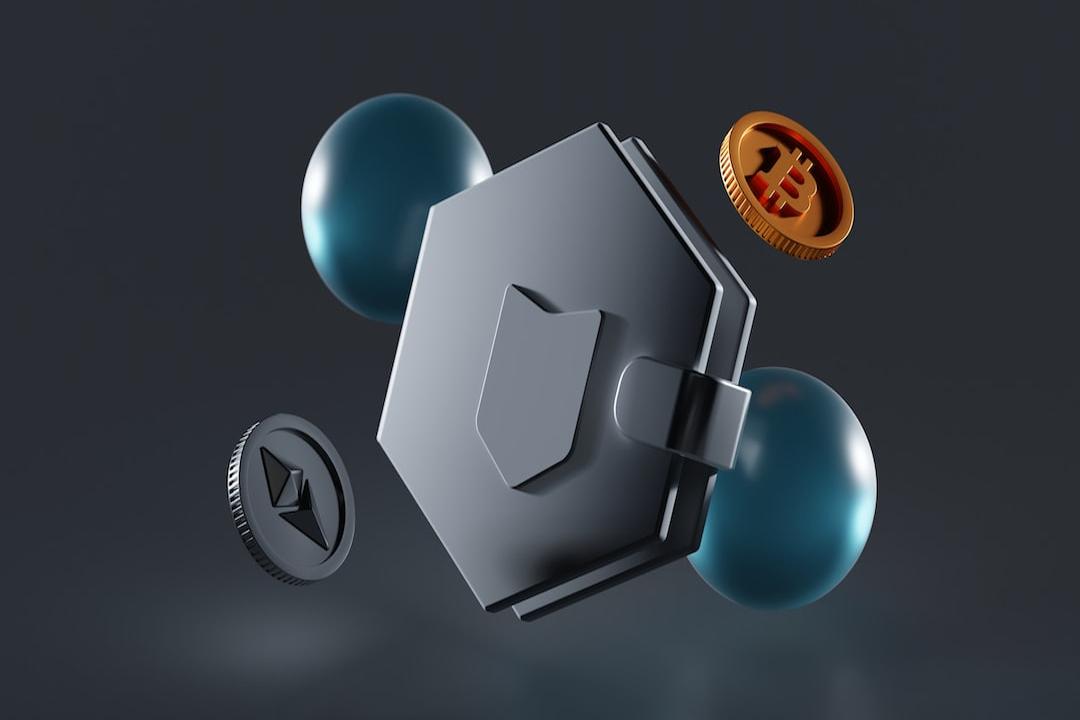Ethereum co-founder Vitalik Buterin spoke at Ethereum Singapore 2024 on Sept. 16 about the importance of solo staking for the future of Ethereum’s security and decentralization.
Buterin discussed the risks posed by centralized entities and the role solo stakers play in protecting the network from attacks to ensure its long-term resilience and sustainability.
Solo stakers are individuals that independently stake their cryptocurrencies, like Ether (
ETH
), without relying on third-party services, centralized entities, or staking pools.

Vitalik Buterin and Samuel Chong discussing network security and the role of staking at Ethereum Singapore 2024.
Related:
Vitalik Buterin ups X activity in August, posts more than last 18 months
Solo staking for network decentralization
Buterin emphasized the vital role of solo stakers for decentralization, highlighting that they present an uncoordinated and diverse group that reduces reliance on centralized entities.
From Buterin’s perspective outlined in the discussion, even a small percentage of solo stakers can add an important decentralized layer of protection for Ethereum.
Related:
Vitalik: L2s that aren’t at least ‘stage 1’ are dead to me
Defending against 51% attacks
Buterin also spoke about the role of solo stakers and the network’s layer of protection against 51% attacks, where a malicious entity gains most of the blockchain’s computing power.
In scenarios where a 51% attack threatens the network, the key difference lies in whether the attacker controls 50-56% or 57% and above.
At 57% or above, the attacker can finalize blocks, potentially leading to a chain split if left unchecked and unchallenged.
To combat this, Vitalik suggested that Ethereum should consider raising the block finality threshold from two-thirds to a higher number to make attacks harder to accomplish.
Related:
Vitalik says ‘at present’ his donations yield better gains than investments
Buterin bullish on Google automated sign-in
The Ethereum co-founder recently
offered support on social media
for Google’s automatic sign-in feature, sparking discussion about the implications.
On Sept. 4, Buterin acknowledged the disadvantages of the sign-in services as bridges to secure systems via account abstraction but asserted that it might be worth the risk.
He suggested that the servicing wallets be given “a signing key” and an “M-of-N guardian setup,” involving a security model to protect access to sensitive data or assets similar to a multisig.
Magazine:
Proposed change could save Ethereum from L2 ‘roadmap to hell’
Related Posts
Add A Comment

